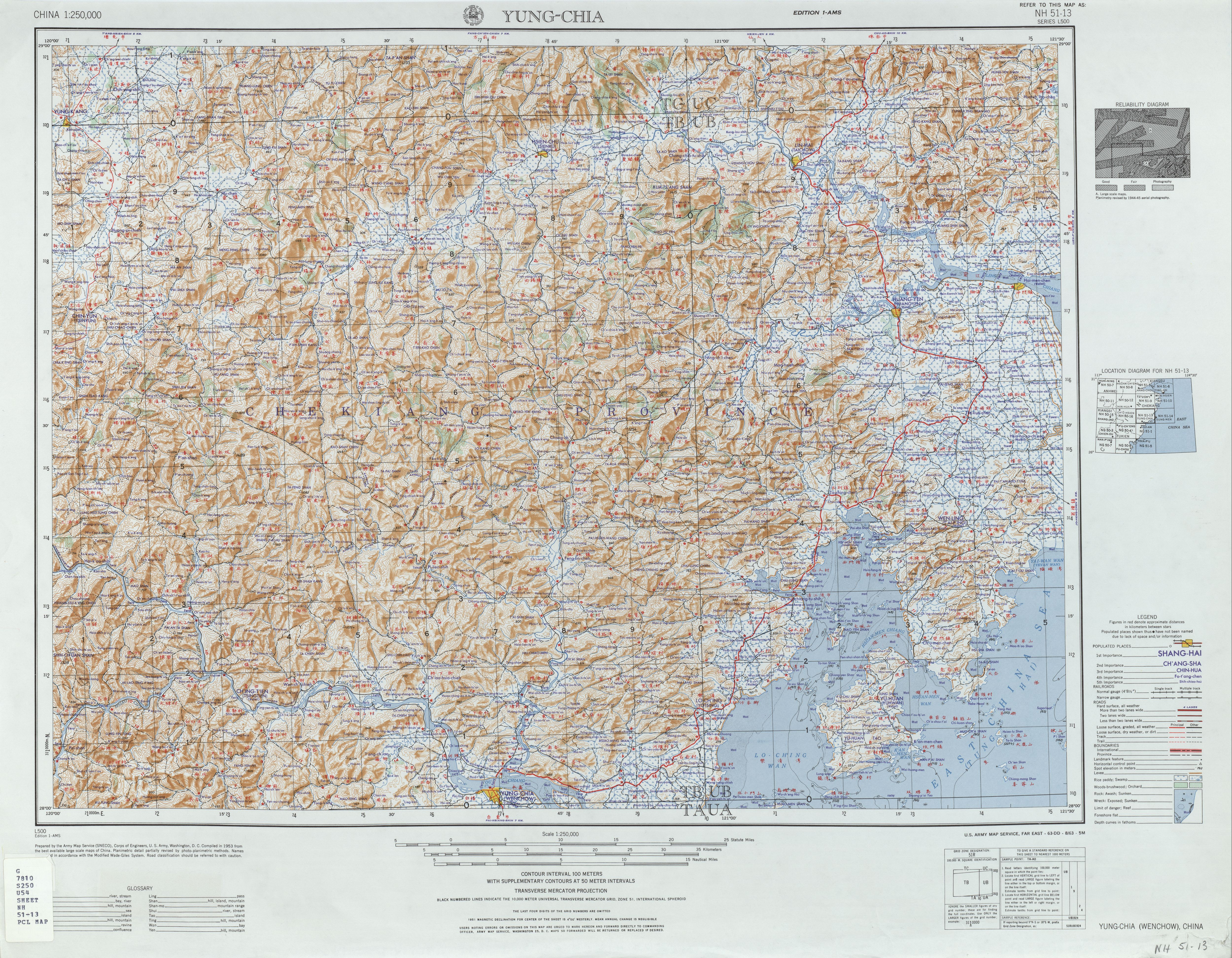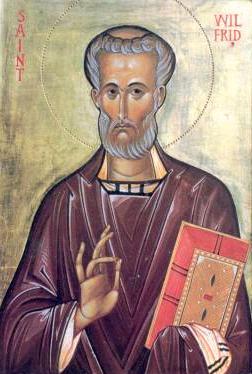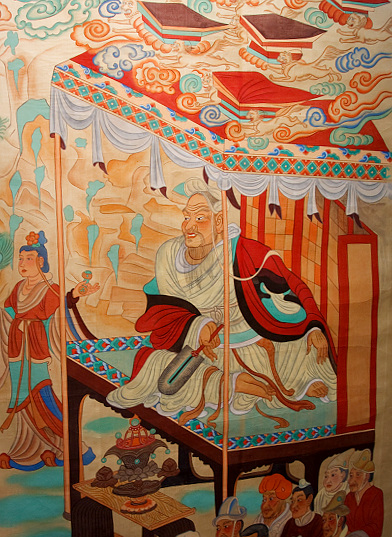|
Yongjia Xuanjue
Yongjia Xuanjue (; ), also known as Yongjia Zhenjue (), was a Zen and Tiantai Buddhist monk who lived during the Tang dynasty. The name Yongjia is derived from the city of his birth, which is now called Wenzhou. He is also known by his nickname "The Overnight Guest" because of his first encounter with his teacher, Huineng. On a visit to Caoxi (漕溪), where Huineng's Nanhua Temple is located, Yongjia was convinced to stay just one night, during which his enlightenment was acknowledged. He supposedly died while meditating in 713. He is best remembered today as the author of the ''Song of Enlightenment'', often known by its Japanese name ''Shodoka'' (證道歌). This work remains popular in contemporary Zen practice. Biography Yongjia Xuanjue was born in 665 in present-day Wenzhou in Zhejiang, Zhejiang Province, China. The city went by the name of Yongjia at the time, and he came to be named for his birthplace later in life. He began studying Buddhism at an early age as a monk in the ... [...More Info...] [...Related Items...] OR: [Wikipedia] [Google] [Baidu] |
Wenzhou
Wenzhou (pronounced ; Wenzhounese: Yuziou �y33–11 tɕiɤu33–32 ), historically known as Wenchow is a prefecture-level city in southeastern Zhejiang province in the People's Republic of China. Wenzhou is located at the extreme south east of Zhejiang Province with its borders connecting to Lishui on the west, Taizhou on the north, and Fujian to the south. It is surrounded by mountains, the East China Sea, and 436 islands, while its lowlands are almost entirely along its East China Sea coast, which is nearly in length. Most of Wenzhou's area is mountainous as almost 76 percent of its surface area is classified as mountains and hills. It is said that Wenzhou has 7/10 mountains, 1/10 water, and 2/10 farmland. At the time of the 2010 Chinese census, 3,039,500 people lived in Wenzhou's urban area; the area under its jurisdiction (which includes three satellite cities and six counties) held a population of 9,122,100 of which 31.16% are non-local residents from outside of Wenz ... [...More Info...] [...Related Items...] OR: [Wikipedia] [Google] [Baidu] |
Posthumous Name
A posthumous name is an honorary name given mostly to the notable dead in East Asian culture. It is predominantly practiced in East Asian countries such as China, Korea, Vietnam, Japan, and Thailand. Reflecting on the person's accomplishments or reputation, the title is assigned after death and essentially replaces their name used during life. Although most posthumous names are assigned to royalty, some posthumous names are given to honor significant people without hereditary titles, such as courtiers or military generals. A posthumous name should not be confused with era names (年號), regnal names (尊號), or temple names (廟號). Format One or more adjectives are inserted before the deceased's title to make their posthumous name. Posthumous names are exclusively owned on the state level, although not necessarily on a broader national level. The name of the state or domain of the owner is added to avoid ambiguity from multiple similar posthumous names. The Chinese languag ... [...More Info...] [...Related Items...] OR: [Wikipedia] [Google] [Baidu] |
Tang Dynasty Buddhist Monks
Tang or TANG most often refers to: * Tang dynasty * Tang (drink mix) Tang or TANG may also refer to: Chinese states and dynasties * Jin (Chinese state) (11th century – 376 BC), a state during the Spring and Autumn period, called Tang (唐) before 8th century BC * Tang dynasty (唐; 618–907), a major Chinese dynasty * Later Tang (唐; 923–937), a state during the Five Dynasties and Ten Kingdoms period * Southern Tang (唐; 937–975), a state during the Five Dynasties and Ten Kingdoms period Food * Tang (drink mix), a brand name of instant fruit flavored drinks, produced by Mondelēz International * Guk, soup or stew in Korean cuisine, sometimes known as "tang" Places Europe * Tang, County Westmeath, a village in Ireland * Tang, North Yorkshire, a settlement in England Asia * Tang, Ardabil, a village in Ardabil Province, Iran * Tang, Badakhshan, a village in Afghanistan * Tang, a village in Bumthang District, Bhutan * Tang (唐镇), a town in Pudong, Shanghai, China ... [...More Info...] [...Related Items...] OR: [Wikipedia] [Google] [Baidu] |
713 Deaths
__NOTOC__ Year 713 ( DCCXIII) was a common year starting on Sunday (link will display the full calendar) of the Julian calendar. The denomination 713 for this year has been used since the early medieval period, when the Anno Domini calendar era became the prevalent method in Europe for naming years. Events By place Byzantine Empire * June 3 – Emperor Philippicus is blinded, deposed, and sent into exile by conspirators of the Opsikion army in Thrace, after a reign of 1 year and 6 months. He is succeeded by Anastasios II, a bureaucrat and imperial secretary, who restores internal order and begins the reorganization of the Byzantine army. He executes the officers who have been directly involved in the conspiracy against Philippicus. * Arab–Byzantine wars: The Umayyad Arabs under al-Abbas ibn al-Walid, son of caliph al-Walid I, sack Antioch in Pisidia (modern Turkey), which never recovers. Britain * King Ealdwulf of East Anglia dies, and is succeeded by his so ... [...More Info...] [...Related Items...] OR: [Wikipedia] [Google] [Baidu] |
665 Births
__NOTOC__ Year 665 ( DCLXV) was a common year starting on Wednesday (link will display the full calendar) of the Julian calendar. The denomination 665 for this year has been used since the early medieval period, when the Anno Domini calendar era became the prevalent method in Europe for naming years. Events By place Europe * Kubrat, ruler (''khagan'') of Great Bulgaria, dies after a 33-year reign. He is succeeded by his son Batbayan, who rules from Poltava (modern Ukraine) the lands north of the Black Sea and the Sea of Azov. Britain * Conflict erupts between King Sighere of Essex and his brother Sæbbi, as they struggle for overlordship between Mercia and Wessex. Arabian Empire * Muslim Conquest: An Arab army (40,000 men) advances through the desert and captures the Byzantine city of Barca (Libya). Asia * The city of Seongnam (South Korea) is renamed Hansanju (approximate date). * Wu Zetian, the wife of the Chinese emperor, unofficially becomes an absolute ... [...More Info...] [...Related Items...] OR: [Wikipedia] [Google] [Baidu] |
Dunhuang Manuscripts
Dunhuang manuscripts refer to a wide variety of religious and secular documents (mostly manuscripts, but also including some woodblock-printed texts) in Chinese and other languages that were discovered at the Mogao Caves of Dunhuang, China, during the 20th century. The majority of the surviving texts come from a large cache of documents produced between the late 4th and early 11th centuries which had been sealed in the so-called ' Library Cave' (Cave 17) at some point in the early 11th century. The Library Cave was discovered by a Daoist monk called Wang Yuanlu in 1900, and much of the contents of the cave were subsequently sold to European explorers such as Aurel Stein and Paul Pelliot. In addition to the Library Cave, manuscripts and printed texts have also been discovered in several other caves at the site. Notably, Pelliot retrieved a large number of documents from Caves 464 and 465 in the northern section of the Mogao Caves. These documents mostly date to the Yuan dynasty (12 ... [...More Info...] [...Related Items...] OR: [Wikipedia] [Google] [Baidu] |
Platform Sutra
The ''Platform Sutra of the Sixth Patriarch'' ( or simply: ''Tánjīng'') is a Chan Buddhist scripture that was composed in China during the 8th to 13th century. The "platform" (施法壇) refers to the podium on which a Buddhist teacher speaks. Its key themes are the direct perception of one's true nature, and the unity in essence of ''śīla'' (conduct), ''dhyāna in Buddhism, dhyāna'' (meditation) and ''Wisdom in Buddhism, prajñā'' (wisdom). The text centers on teachings and stories ascribed to the sixth Lineage (Buddhism), Chan patriarch Huineng. It contains the well-known story of the contest for the succession of Daman Hongren, Hongren (enlightenment by the non-abiding), and discourses and dialogues attributed to Huineng. The text attributes its recollection to Fa-hai, but was probably written within the so-called Oxhead school, which existed along with the East Mountain Teaching, East Mountain School and Shenhui, Shenhui's Southern School. The text attempts to reconc ... [...More Info...] [...Related Items...] OR: [Wikipedia] [Google] [Baidu] |
Impermanence
Impermanence, also known as the philosophical problem of change, is a philosophical concept addressed in a variety of religions and philosophies. In Eastern philosophy it is notable for its role in the Buddhist three marks of existence. It is also an element of Hinduism. In Western philosophy it is most famously known through its first appearance in Greek philosophy in the writings of Heraclitus and in his doctrine of ''panta rhei'' (everything flows). In Western philosophy the concept is also referred to as '' ''becoming''. Indian religions The Pali word for impermanence, ''anicca'', is a compound word consisting of ''"a"'' meaning non-, and ''"nicca"'' meaning "constant, continuous, permanent". While 'nicca' is the concept of continuity and permanence, 'anicca' refers to its exact opposite; the absence of permanence and continuity. The term is synonymous with the Sanskrit term ''anitya'' (a + nitya). The concept of impermanence is prominent in Buddhism, and it is also foun ... [...More Info...] [...Related Items...] OR: [Wikipedia] [Google] [Baidu] |
Saṃsāra (Buddhism)
Saṃsāra ( sa, संसार, pi, saṃsāra; also ''samsara'') in Buddhism and Hinduism is the beginningless cycle of repeated birth, mundane existence and dying again. Samsara is considered to be '' dukkha'', suffering, and in general unsatisfactory and painful, perpetuated by desire and '' avidya'' (ignorance), and the resulting karma. Rebirths occur in six realms of existence, namely three good realms (heavenly, demi-god, human) and three evil realms (animal, ghosts, hellish). Samsara ends if a person attains nirvana, the "blowing out" of the desires and the gaining of true insight into impermanence and non-self reality. Characteristics In Buddhism, ''saṃsāra'' is the "suffering-laden, continuous cycle of life, death, and rebirth, without beginning or end". In several suttas of the Samyutta Nikaya's chapter XV in particular it's said "From an inconstruable beginning comes transmigration. A beginning point is not evident, though beings hindered by ignorance and fett ... [...More Info...] [...Related Items...] OR: [Wikipedia] [Google] [Baidu] |
Vimalakirti Sutra
The ''Vimalakīrti Nirdeśa'' (Devanagari: विमलकीर्तिनिर्देश) (sometimes referred to as the ''Vimalakīrti Sūtra'' or ''Vimalakīrti Nirdeśa Sūtra'') is a Buddhist text which centers on a lay Buddhist meditator who attained a very high degree of enlightenment considered by some second only to the Buddha's. It was extremely influential in East Asia, but most likely of considerably less importance in the Indian and Tibetan sub-traditions of Mahāyāna Buddhism. The word ''nirdeśa'' in the title means "instruction, advice", and Vimalakīrti is the name of the main protagonist of the text, and means "Taintless Fame". The sutra teaches, among other subjects, the meaning of nondualism, the doctrine of the true body of the Buddha, the characteristically Mahāyāna claim that the appearances of the world are mere illusions, and the superiority of the Mahāyāna over other paths. It places in the mouth of the Upāsaka and Upāsikā, upāsaka (lay prac ... [...More Info...] [...Related Items...] OR: [Wikipedia] [Google] [Baidu] |
Sutra
''Sutra'' ( sa, सूत्र, translit=sūtra, translit-std=IAST, translation=string, thread)Monier Williams, ''Sanskrit English Dictionary'', Oxford University Press, Entry fo''sutra'' page 1241 in Indian literary traditions refers to an aphorism or a collection of aphorisms in the form of a manual or, more broadly, a condensed manual or text. Sutras are a genre of ancient and medieval Indian texts found in Hinduism, Buddhism and Jainism. In Hinduism, sutras are a distinct type of literary composition, a compilation of short aphoristic statements.Gavin Flood (1996), ''An Introduction to Hinduism'', Cambridge University Press, , pages 54–55 Each sutra is any short rule, like a theorem distilled into few words or syllables, around which teachings of ritual, philosophy, grammar, or any field of knowledge can be woven. The oldest sutras of Hinduism are found in the Brahmana and Aranyaka layers of the Vedas. Every school of Hindu philosophy, Vedic guides for rites of passage, v ... [...More Info...] [...Related Items...] OR: [Wikipedia] [Google] [Baidu] |
Transmission Of The Lamp
''The Jingde Record of the Transmission of the Lamp'' (), often referred to as ''The Transmission of the Lamp'', is a 30 volume work consisting of putative biographies of the Chan Buddhist and Zen Buddhist patriarchs and other prominent Buddhist monks. It was produced in the Song dynasty by Shi Daoyuan (). Other than the ''Anthology of the Patriarchal Hall'', it represents the first appearance of "encounter dialogues" in the Chan tradition, which in turn are the antecedents of the famous kōan stories. The word ''Jingde'' (景德), the first two characters of the title, refers to the Song dynasty reign name, which dates the work to between 1004 and 1007 CE. It is a primary source of information for the history of Chan Buddhism in China, although most scholars interpret the biographies as largely hagiography. The lives of the Zen masters and disciples are systematically listed, beginning with the first seven buddhas (Gautama Buddha is seventh in this list). The "Lamp" in the tit ... [...More Info...] [...Related Items...] OR: [Wikipedia] [Google] [Baidu] |




.jpg)


